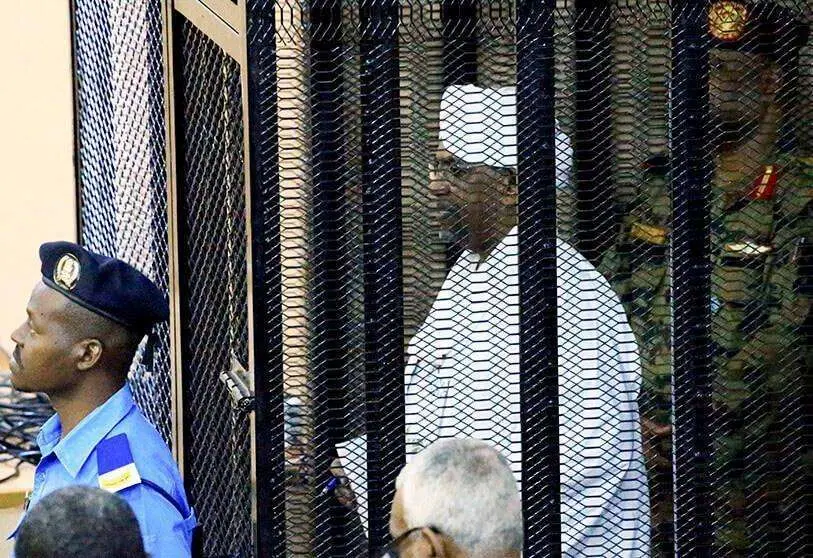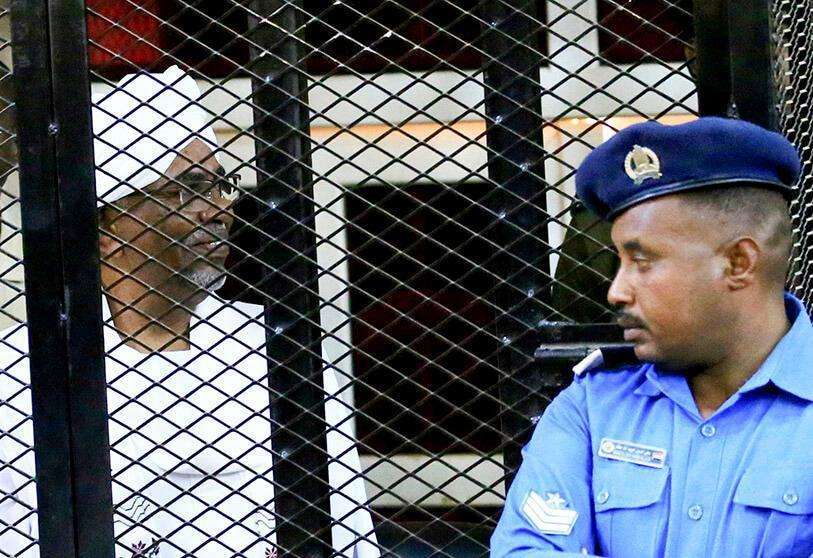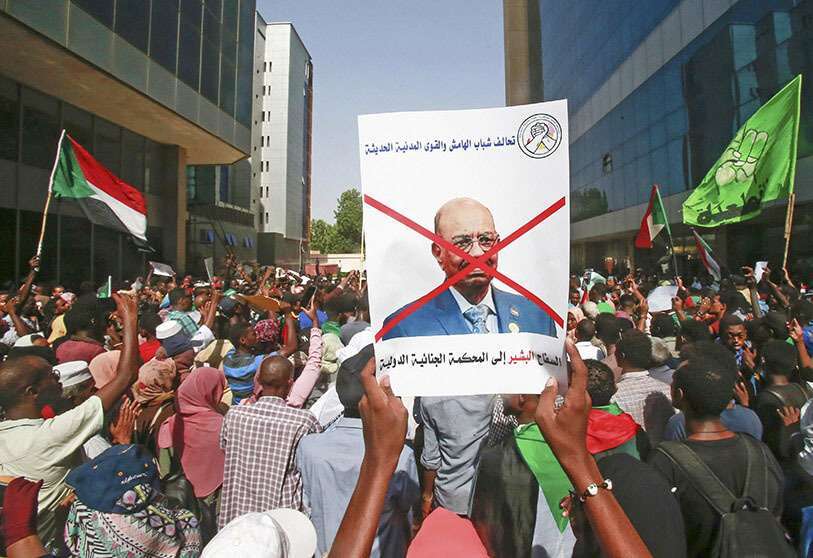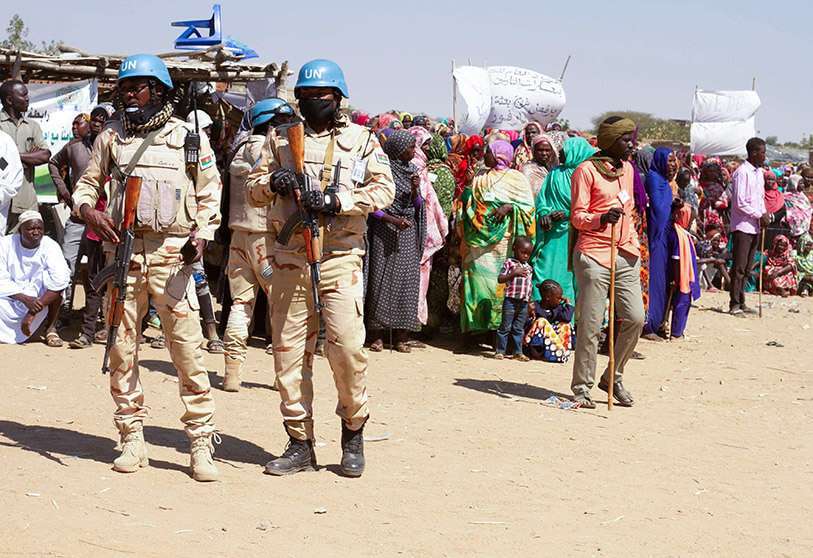Al-Bashir acknowledges his leading role in Sudan's 1989 coup d'état

Former Sudanese President Omar al-Bashir has acknowledged his full responsibility and leadership in the 1989 coup d'état that brought him to power along with 27 collaborators, establishing a regime that many consider a dictatorship.
Omar al-Bashir took full responsibility for the events of 23 years ago. "I take full responsibility for the events of June 1989," al-Bashir said during a session of the trial being held in the African country and broadcast on state television.
In the trial, which began in 2020, the former Sudanese president appeared before the special court for the first time and faces charges of undermining the national constitutional order with the military uprising in 1989. He came to the court from Kober prison in Khartoum, where he is being held after being convicted of corruption and illicit enrichment in a separate trial following his overthrow.

Omar al-Bashir argued in mitigation to justify his post-coup actions that he had invited political leaders to restore peaceful national order after the uprising and other aspects that he described as "successes". "We invited 77 party leaders for dialogue after the events of 1989, with the aim of restoring peace in the country," said Al-Bashir, who also added that under his rule they had "great successes". "We wanted to serve the Sudanese people and our aim was not power," he said.
On 30 June 1989, Omar al-Bashir staged a military coup against the government of Prime Minister Al-Sadiq al-Mahdi and ruled the country under what he called the "national salvation revolution". Al-Bashir then assumed the posts of head of state, Prime Minister, Defence Minister and head of the Sudanese army, making him the nation's strongman. After seizing absolute power, the leader ruled Sudan iron-fistedly for 30 years and was overthrown by the army in December 2019 due to widespread popular protests in the nation over the internal plight and allegations of corruption and authoritarianism.

The penalty for undermining the constitutional order by participating in and leading the 1989 coup d'état is up to the death penalty. Despite this, Al-Bashir justified his actions by what he saw as a mission to save the nation. "I address the court and say that I take full responsibility for what happened on 30 June (1989) and I know that the confession is the greatest proof," said the former president, who said he was "proud" to have been "the leader of the national salvation revolution". "The revolution was to save the country, at a time when everybody believed that the country was lost and needs to be saved," Al-Bashir said.
The ex-dictator also explained to the court that no civilians were involved in the coup, which was strictly military, and acknowledged that he preferred to confess his authorship and leadership of the coup in the face of evidence that could definitively incriminate him. Al-Bashir's attitude was one of self-assertion, however, justifying the military uprising and explaining that he understood it to be a matter of national necessity.

Omar al-Bashir defied international justice in the face of accusations of corruption and excesses during his rule in Sudan. Arrest warrants were issued for him by the International Criminal Court for alleged war crimes, crimes against humanity and alleged genocide in Darfur, a region in western Sudan where since 2003 the ex-dictator's military forces and ethnic minority rebel groups have clashed in clashes that have left hundreds of thousands dead and more than 2.5 million displaced.








